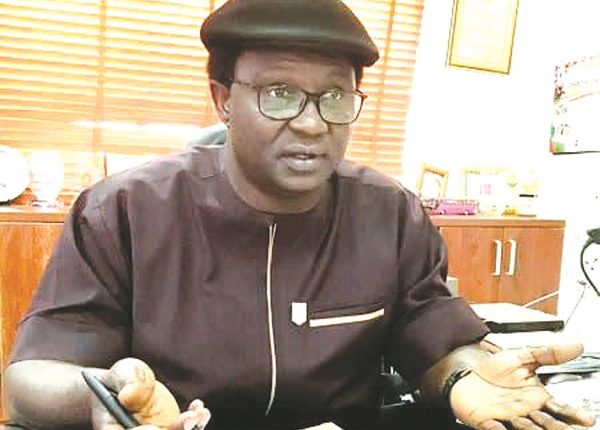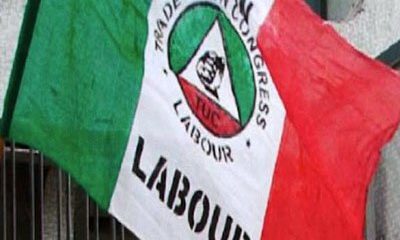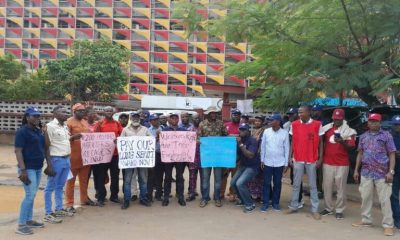National
Strike Looms In Judiciary, Health, Core Civil Service, NLC Warns

The Nigeria Labour Congress (NLC) has given warning of impending strikes in the health, judiciary, and civil service sectors over unreviewed wages.
It urged the government and other employers to pay workers living wages in line with global trends in order to address economic challenges.
NLC President, Ayuba Wabba, told reporters in Lagos that the salary structures of the judiciary, medical and health services, as well as the core civil service, had not been reviewed since 2013, despite their agreement to do so every three years.
“There are many sectors, and some of them have remained silent because they are not allowed to advance their issues, but it is eating them up very deeply.”
“Among these is the judiciary.” I am aware that the judiciary’s salary and remuneration have not been reviewed since 2009. It has been extremely difficult for them to carry out their duties without fear or favor and with job satisfaction. Consider the difficulties that the economy has faced since 2009, including spiraling inflation. How do you survive in this situation if you earn X amount in 2009?
“The medical and health salary structure also was reviewed last in 2009. It is almost 13 years, and they are due for review. The health service structure and other salary structures, including even the core civil service, have not been reviewed. The provision of those agreements provided that every three years those agreements should be reviewed, but nothing has been done up till now.
“I think we should have learnt some lessons from what has happened recently in the tertiary institutions and proactively look at those other sectors that have similar challenges that needed to also be addressed at this point in time.
“I mentioned just a few of them, which was last reviewed in 2009. It is a wake-up call and we must do the needful and act before it is too late. Workers are becoming very restive because the challenges in the economy are affecting every worker that is on fixed wages. It is high time we proactively looked at those issues instead of reacting when unions raise the issues.”
Wabba stated, “I can say without mincing words, if you look at the figures, particularly inflation, unemployment, and the challenge in the social sector, it is clear that our economy is not doing well.” Essentially, we have no reason for the economy not to perform well because we are a well-endowed country. People may argue that the problem is global, but solutions must be found locally. Many countries around the world are finding local solutions to global challenges.
“The challenge in the economy and the high-wire inflation trend is a global phenomenon. But every country is responding locally to the challenge. As President of the International Trade Union Confederation (ITUC), which represents not less than 205 million workers in 163 countries, I have visited many countries. The last one was Tunisia where I had the rare privilege of having a one-on-one with the President of Tunisia. From the conversation, I have been able to understand that they responded effectively and increased salary across board by seven per cent.
“Ghana did the same and so the trend globally is a salary review to address the high cost of living, including the cost of living allowance with between seven and 15 per cent. These countries and South Africa have taken steps to respond to the challenges in the economy. They have also made sure that workers do not suffer the consequences of the challenges in the economy. This is what is expected.
“Unions do not need to be shouting, or issuing strike notices if we are on the same page to look at issues and how to respond to them effectively. Workers don’t become slaves and be at the receiving end, if something is not proactively done to address their challenges.’’
Send Us A Press Statement Advertise With Us Contact Us
And For More Nigerian News Visit GWG.NG










